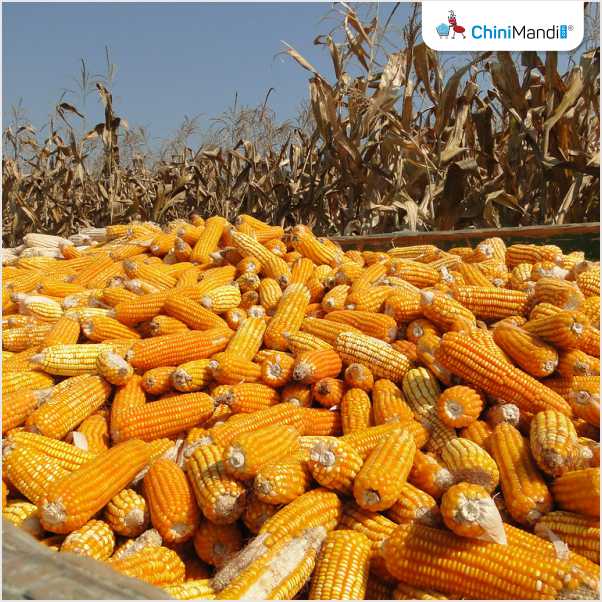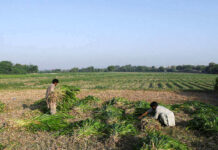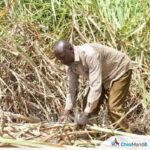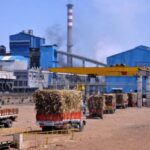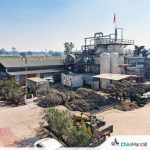A severe outbreak of the Fall Armyworm pest has caused significant damage to maize crops in Mansar Panchayat of Udhampur district, leading to considerable losses for local farmers.
The Fall Armyworm (Spodoptera frugiperda), a highly adaptable pest, feeds primarily on maize but is known to affect over 80 different crops including wheat, sorghum, millet, sugarcane, various vegetables, and cotton. Due to its wide host range and destructive nature, the pest poses a serious global challenge to food security and rural livelihoods.
Chief Agricultural Officer Harbans Singh attributed the spread of the infestation partly to delayed sowing by farmers. Emphasizing the importance of timely agricultural practices, he recommended early sowing to reduce vulnerability to such pests. Singh added that pesticides had been applied across 3,000 hectares in an effort to curb the spread.
“Maize cultivation spans 26,000 hectares in this district. The Fall Armyworm has been a recurring issue here for the past two to three years, largely because of late sowing. We’re encouraging farmers to shift toward earlier planting and crop rotation. Nearly 3,000 hectares have been affected so far, and our teams are actively monitoring the fields. We’re also disseminating information about pest control measures,” Singh told ANI.
Karnail Singh, a local maize grower, expressed deep concern over the destruction of his crops and urged the government to investigate the cause. “Worms have wiped out most of our harvest. This level of damage is bound to hurt our income. The authorities must look into why this is happening,” he told ANI.
Ultra-High-Density Apple Farming Revitalizes Horticulture in Rajouri
While maize farmers in Udhampur battle pests, a horticultural revolution is underway in Rajouri district of Jammu and Kashmir, where ultra-high-density apple farming is transforming the agricultural landscape.
Launched under centrally sponsored schemes, the initiative aims to boost apple production and double farmers’ incomes. In Thanamandi block, the shift to high-density plantations has already led to noticeable income growth among farmers, along with new employment opportunities and improved living standards for many in the region.
The program includes training in modern horticultural techniques to enhance yield and fruit quality. Implementation is underway in several blocks including Thanamandi, Dharhal, Kotranka, Budhal, and Manjakote. Supporting this shift are newly established high-tech nurseries in the Saaj and Budhal areas.
Abdul Razak, who oversees the nursery in Saaj, shared insights into their operations. “We cultivate apples, plums, walnuts, and apricots from seeds and then graft them before planting. The government’s initiative has really made a difference. We now have five high-tech nurseries that speed up plant development, helping us establish more orchards in the region, including in Mandi.”

